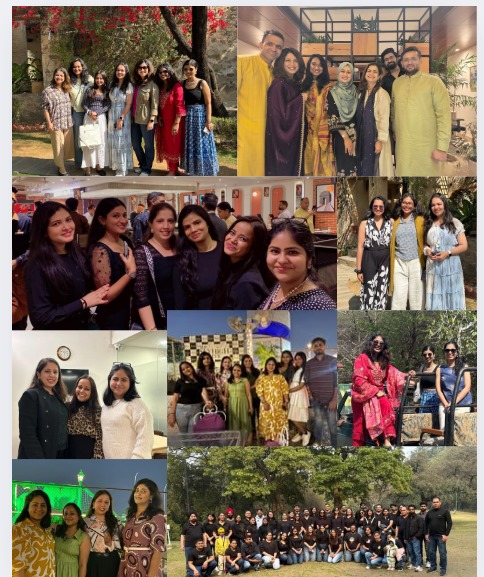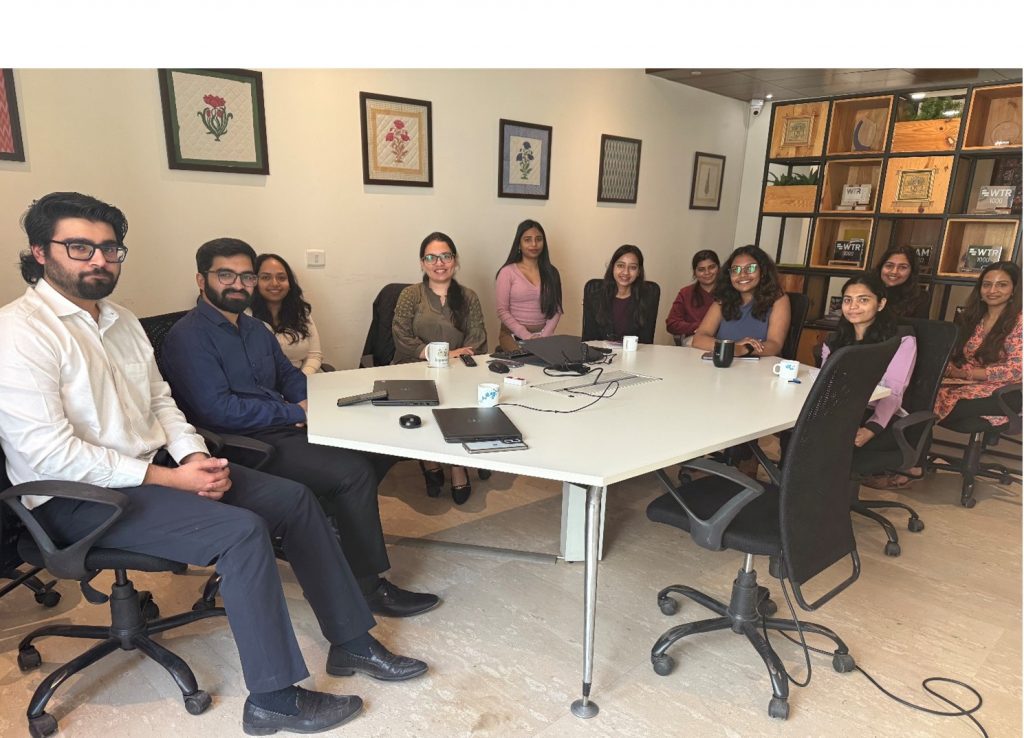During last week’s PWS Session, Vaidehi Gupta (Associate) led a discussion on the topic “Does Surrogate Intellectual Property undermine Fair Trade Practices by Allowing Institutions to Claim Public Knowledge?” The session commenced with an in-depth discussion on surrogate intellectual property, focusing on the growing practice of institutions asserting control over digitized public domain works. The discussion explored arguments in favour, highlighting that digitization requires significant investment and institutions should have some control to recover costs, while opposing views emphasized that restricting access to digitized public domain works undermines fair competition, limits innovation, and contradicts the principles of open access. The insights shared during the session underscored that while institutions may recoup costs through reasonable monetization models, they should not be allowed to impose restrictive intellectual property claims on public knowledge, as this would unfairly hinder accessibility and fair trade practices.




